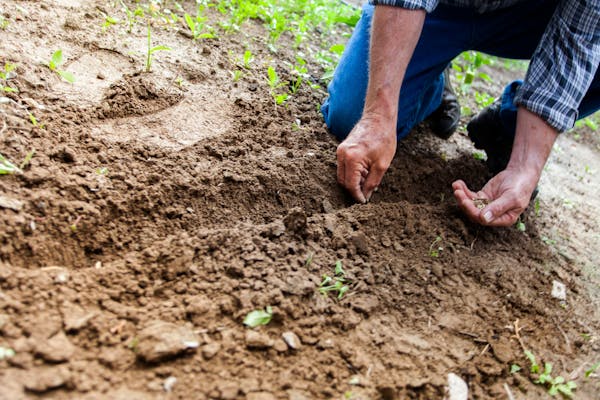The purpose of this qualification is to allow junior personnel and elected candidates to progress towards a position of farm labourers (operators) with specific reference to plant production.
Students will develop comprehensive skills in crop production systems, agricultural business management, plant science, and sustainable farming practices.
Key Objectives
-
Participating in agricultural processes and performing directed activities in plant production operations
-
Gaining competency in plant production sub-fields and making responsible decisions within familiar contexts
-
Understanding agri-business principles and agricultural practices applicable to plant production
-
Developing communication skills for accessing and using information, oral communication, and written documentation
-
Building mathematical literacy for statistics, probability, patterns, functions, and financial monitoring
-
Learning general agricultural practices including ecological environment, data collection, livestock production principles, equipment maintenance, and agrochemical control
-
Understanding agricultural business principles including marketing, layout planning, input control, production systems, human resource management, and financial statements
-
Acquiring advanced plant production skills including crop protection, plant manipulation, propagation, harvesting, irrigation systems, soil fertility, and pest/disease/weed control
-
Implementing natural resource management including sustainable farming practices and agri/ecotourism
